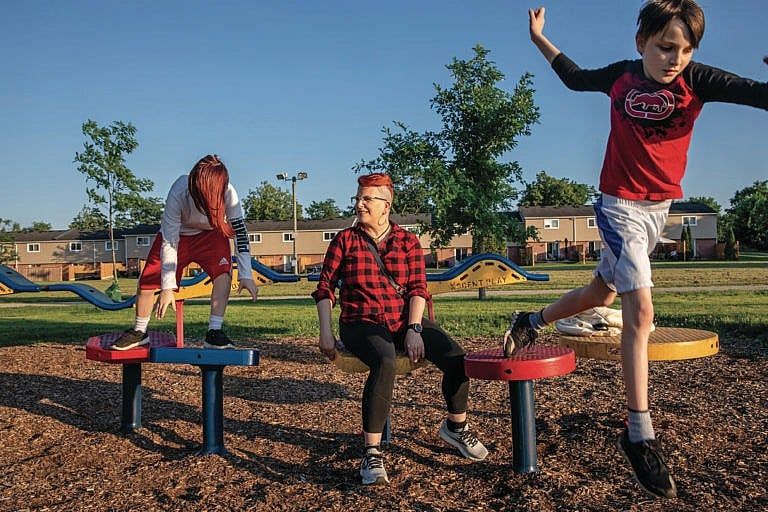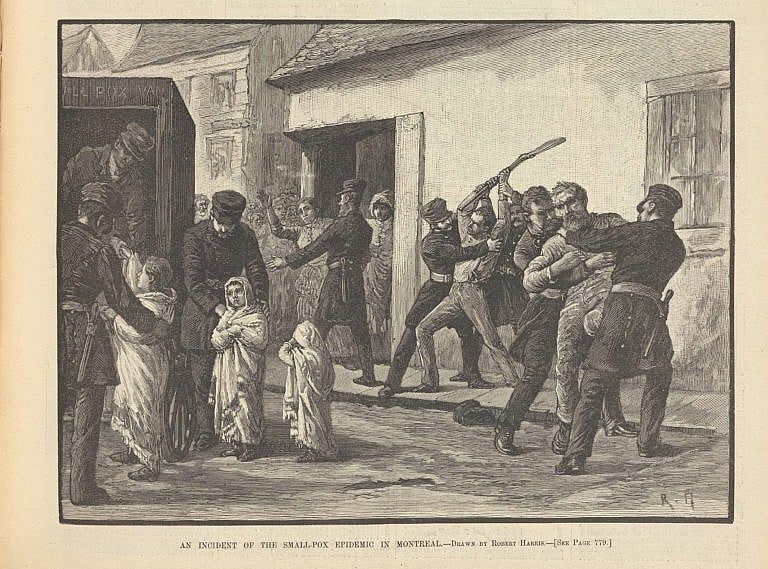vaccine hesitancy
Typical ‘vaccine hesitant’ person is a 42-year-old Ontario woman who votes Liberal: Abacus polling
Bruce Anderson: Compared to the vaccinated, the vaccine hesitant don’t have a lot of trust in government. They also try to avoid prescriptions, dislike putting anything unnatural in their bodies and say they are reluctant to take any vaccines. Most worry that COVID-19 vaccines haven’t really been tested for a long time.
How to encourage vaccine-hesitant people to get their COVID shots
Four tips to boost confidence in COVID vaccines among friends, family members, co-workers and neighbours
Changing the minds of the vaccine hesitant requires actually listening to them
To reach herd immunity, we need up to 90 per cent of the population to get shots in arms. That means helping a critical minority feel confident about getting the vaccine.
When the plague won: a history of vaccine hesitancy
In Montreal in 1885, disease and vaccine resistance mixed with devastating results, not unfamiliar to today



